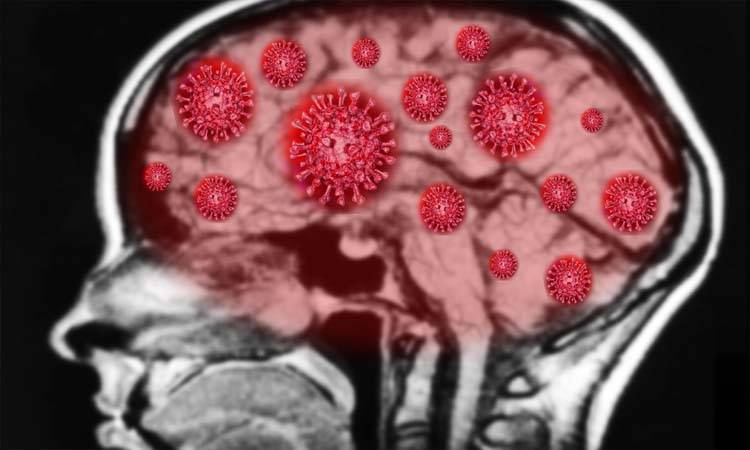
SAN FRANCISCO: Scientists have recently reported that Rogue antibodies might have attacked the teenagers' brains, who have developed severe psychiatric symptoms during mild COVID-19, rather than the coronavirus.
The researchers of the University of California examined three teens who developed paranoia, delusion and suicidal thoughts after catching COVID-19 in 2020 at Benioff Children's Hospital, San Francisco. They detected SARS CoV-2 antibodies in two patients' cerebrospinal fluid (CSF), a clear liquid that flows in and around the brain and spinal cord.
For the study, published online in the journal JAMA Neurology, both teens received intravenous immunoglobulin, which has been used to reset the immune response in autoimmune and inflammatory disorders, after which the psychiatric symptoms of both children were either partially or entirely resolved.
Dr Grace Gombolay, a pediatric neurologist at Children's Healthcare of Atlanta, who wasn't involved in the new study, said the study results demonstrated that COVID-19 might trigger the development of autoantibodies that target brains.
Earlier researchers at Yale University had shown that the development of antibodies to the SARS-CoV-2 infection might go violent and rogue, causing severe cases of COVID-19. These antibodies then target and react with the body's tissues and organs.


